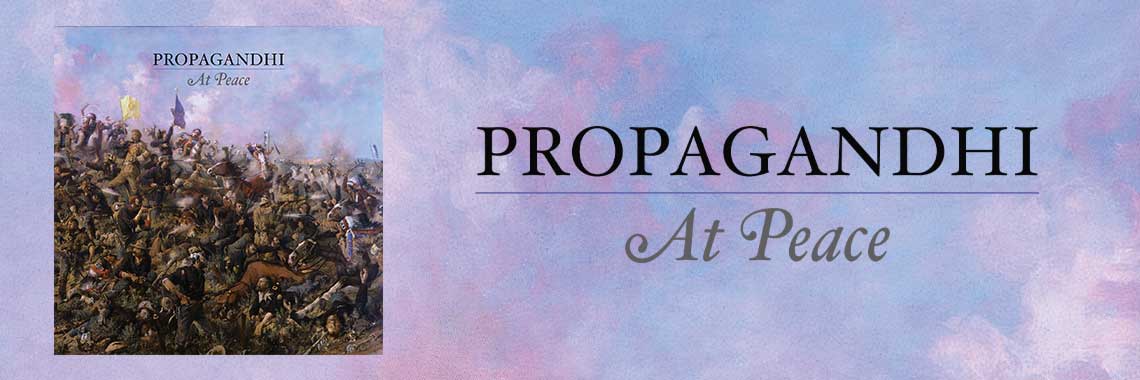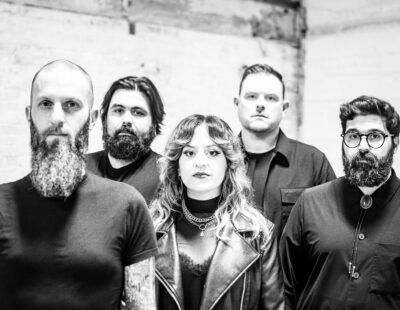By Nate Hall (U.S. Christmas)
#5 John Ehle: The Land Breakers, The Winter People, Trail of Tears.
(Describing the Cherokee) Male and female, they were hospitable but uneffusive. The men appeared to be respectful but remained aloof, were secure within themselves. They would shake a stranger’s hand silently while looking off toward the horizon, securing their own independence. They never bowed to any other creature, they were not even willing to nod. They spoke one at a time, deliberately and with many motions, then fell silent, listened without looking at their companion. – Trail of Tears
Ehle has a great, authentic voice. His research and detail is impeccable, and his dedication to Appalachia is remarkable. He was born in Asheville NC, and has devoted a considerable amount of time and energy to organizations and charities that help mountain people. I got to interview him once very briefly over the phone. He was pretty eccentric, but obviously a genius. He was loopy in a good way- totally polite and friendly but completely distracted by the present. I think he talked to me about gardening, and sort of laughed when I mentioned his books -like you might do if I mentioned something mildly funny you said ten years ago. I have learned a lot about my own culture through Ehle’s work. His novel The Land Breakers shows the difficulties faced by Appalachia’s first pioneers, and how the conflict between the good and bad in both human beings and human nature affected the resulting society. The Winter People also deals with the best and worst in people, their connection to the land, and clashes between the modern world and people isolated in Appalachia. His novel Trail of Tears, about Cherokee removal, casts a much-needed light on one of the most disgraceful chapters in American history. Once you read it, you won’t ever look at a $20 bill without wanting to draw something nasty on Andrew Jackson.
#4 James Dickey: Poet Laureate Consultant in Poetry to the Library of Congress, author of Deliverance.
I could hear the river running at my feet, and behind my head the woods were unimaginably dense and dark; there was nothing in them that knew me. There were creatures with one forepaw lifted, not wanting to put the other down on a dry leaf, for fear of the sound. There were the eyes made for seeing in this blackness; I opened my eyes and saw the dark in all its original color. – Deliverance
Although much of Dickey’s work is not related to Appalachia, his novel Deliverance captures the clash between worlds – old and new, modern and traditional, civilized and predatory. The book was made into a great movie with Burt Reynolds and Jon Voight, and Dickey even has a small role as the Sheriff. However, the novel contains more than any film could ever convey. Dickey’s poetic style and layered themes add depth to a compelling story of survival. His characters search within themselves to find strength that had been buried by a lifetime in a sterile, modern world. The fictional Cahulawassee River and its surrounding north Georgia wilderness are themselves characters that force the humans to either embrace these buried powers r succumb to nature’s mightier power. The Appalachian people in Deliverance are shown in a harsh light – ignorant, violent, mean, and dirty. Some have called this an unfair stereotype, and indeed that would be true if it were Dickey’s intent to suggest that all mountain people are like these characters. However, it is clear that Dickey was not trying to demonize any particular group of people. Deliverance is a story about a small group of city people who encounter an isolated group of mountain people, and the narrative is entirely plausible. It is a great story, and Dickey was a fascinating, colorful person. He might look like a car salesman, but he was a true wildman and struggled with many personal demons. I have heard stories about him that rival any rock’n’roll debauchery one could imagine. And some of his poetry (Cherrylog Road and The Sheep Child come to mind) would have definitely received one of those stickers from Tipper Gore if that bunch had attacked the written word.
#3 Charles Frazier: 13 Moons, Cold Mountain
Bear’s people had been rubbing up against other people for quite some time, starting with de Soto and Pardo and other such killers. As further memento of the Spanish entrada, Bear also had a small doll – a figure bearing only about as much likeness to the human form as a forked ginseng root and of nearly the same dirty color – which he said had been made from scraps of the drowned Spaniard’s woolen underclothing, a great novelty back then in a place where sheep had not even been imagined. – 13 Moons
Appalachian people are a combination of several cultures, some of the earliest ingredients are Scottish and Cherokee. Frazier’s novel 13 Moons offers a compelling account of one man’s century among this unique blend of cultures. As seen in the selected quote, he goes to great lengths to show the complexity of this region’s history. Like Ehle’s Trail of Tears, the narrative is driven in large part by Andrew Jackson’s cruel removal of the Cherokee from their native home. Despite this tragedy, Frazier is able to illustrate some of the best elements of Cherokee life in the 19th century. The character Bear encapsulates the strength, wisdom, and humor of traditional Cherokee men, while the ruthless Featherstone – while perhaps equally vivid and compelling – is an example of a fierce and fearless warrior who would also give even the shrewdest business man a run for his money. Frazier’s novel Cold Mountain is similar in style and scope, and is worth reading. One thing about both of these novels – there is a considerable amount of romance and the inevitable drama that goes with it, so keep that in mind. I think I would like Cold Mountain more if I hadn’t seen the film version, which is marred by terrible forced accents and a complete absence of Appalachian geography. Some things can’t be faked.
#2 Cormac McCarthy: novels set in Appalachia; Outer Dark, Child of God, The Orchard Keeper, (possibly) The Road
The colt stood against the horse with its head down and the horse was watching, out there past men’s knowing, where the stars are drowning and whales ferry their vast souls through the black and seamless sea. –Blood Meridian
I have said many times that McCarthy is a huge influence on USX. The darkness in our album Eat The Low Dogs is in part a hysterical reaction to reading Blood Meridian while my wife was giving birth to our son. I went through a similar intense emotional experience when I read The Road. Although McCarthy is well-known for his novels about the American west (The border trilogy, Blood Meridian) he has written several excellent novels set in the Appalachian mountains. Outer Dark is a creepy tale of a child born of incest, of the siblings who spawned it, and three evil, monstrous, supernatural men that hunt the child. Child of God delves further into human depravity than any story I have ever read, heard, or seen. Even Harmony Korine’s film Gummo can’t touch it. Furthermore, Appalachian figures are prominent in many of McCarthy’s western stories – the westward migration of “the kid” from Tennessee in Blood Meridian is a prime example. McCarthy has a keen eye for detail and an ability to capture both the sound and tone of human speech as well as the small nuances that distinguish specific cultures. Although he was not born in Appalachia, he lived in Tennessee for many years and through his works he has demonstrated a deep understanding of this place.
By Meghan Mulhearn (U.S. Christmas)
#1 Dorothy Allison – Bastard out of Carolina
“We are the ones they make fiction of – we gay and disenfrancished and female – and we have the right to demand our full, nasty, complicated lives.” – History is a Weapon
“Anything that comes out of the South is going to be called grotesque by the northern reader, unless it is grotesque, in which case it is going to be called realistic.” – Flannery O’Connor
Before I talk about Dorothy Allison, I want to say that I’ve always been sort of on the fence about the term “Southern Gothic” when applied to authors like Flannery O’Connor, Carson McCullers and Cormac McCarthy. These writers are not trying to expose some myth about the South, they are simply fearless and brilliant writers. I feel it’s a bit condescending, a backhanded compliment, as if nothing brilliant could emerge from the swampy mess of Louisiana or the red clay of Georgia or the primordial forests of Western North Carolina.
Dorothy Allison matters because she is a brilliant writer. That she is Southern and a lesbian and a feminist are secondary, but inexorably entwined in her body of work. In 1992, Dorothy Allison published Bastard out of Carolina, a harrowing, complex and stunningly-written coming-of-age piece pulled from her own background growing up in Greenville, SC, just down the road from where I live in Asheville, NC. There are no working-class heroes in Allison’s work, just portrayals of complicated human beings. If you can pull back from its sinuous grasp you can see it for a brave portrayal of a poor American childhood. If you can’t, it will leave you heartbroken but hopeful.
She has followed up the success of Bastard out of Carolina with another novel, Cavedweller, and books of poetry and essays. She’s unflinching in her commitment to writing honestly about complex human themes like gender, class and race, refusing to rely on the ingrained mythology of the South. However controversial her voice may be in the ruthless assessment of herself, her environment and people, this is the New South, stripped of its troubled mythos and laid bare and beautiful, disheveled and disordered.
** U.S. Christmas’s Run Thick In The Night is out now on Neurot Recordings. Order here.






